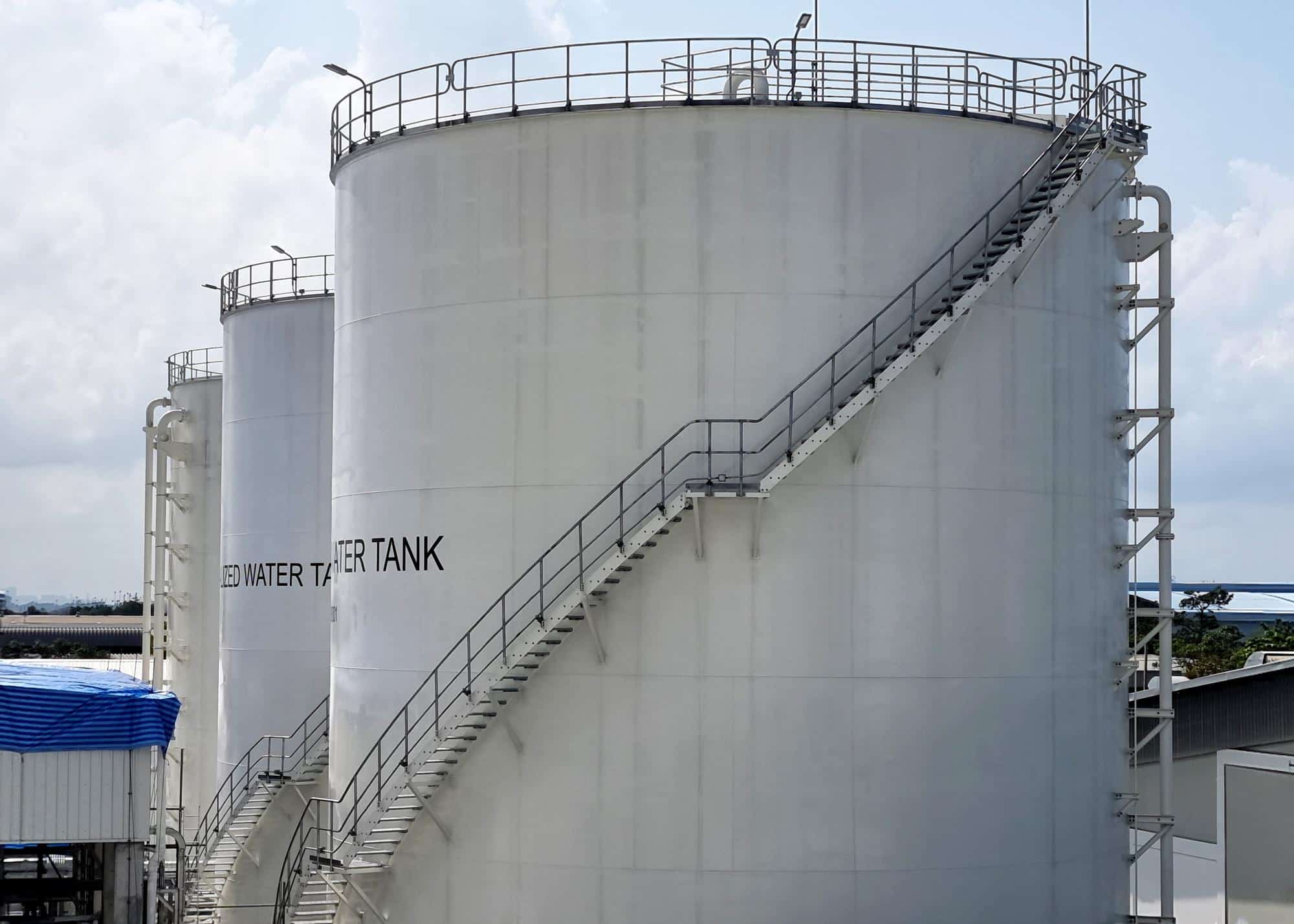What is water governance? Water governance covers the way in which South Africa allocates and regulates the management of water and other natural resources and broadly encompasses official and unofficial institutions with which authority is exercised. The term for discussing this combination of formal and informal institutions is coined as distributed governance.
1. Constitution
The Constitution entrenches South Africa’s founding values of human dignity, the achievement of equality and the elevation of human rights and freedoms. Section 27 guarantees everyone’s right to access sufficient water and places an obligation on the state to take legislative and other measures to achieve the progressive realization of this privilege. It also affords the rights to equal benefit of the law – ensuring that there is no unfair discrimination in providing water services – human dignity, and life.
2. National Water Act
The National Water Act regulates the way communities and individuals obtain the right to use water, and it provides for the just and equitable utilization of water resources. Objectives of the NWA is to ensure that South Africa’s water resources are guarded, used, advanced, saved and managed appropriately.
3. Water Services Act
The Water Services Act 108 of 1997 intends: to provide for the rights of access to basic water supply and basic sanitation; to provide for the setting of national standards and of norms and standards for tariffs; to provide for water services development plans.
4. Local Government Acts
It ensures the provision of services to communities that promotes social and economic development; safe and healthy living surroundings, as well as encourages the involvement of communities and community organisations in the fundamentals of local government.
5. National Environmental Management Act
The National Environmental Management Act 107 of 1998 is to provide for co-operative, environmental governance by establishing principles for decision-making on matters affecting the environment, institutions that will promote co-operative governance and procedures for coordinating environmental functions exercised by organs of state.
The private sector will continue to play an essential part in sustainable water management and governance. Without the private sector, organs of state will find it harder to cope with the increasing water governance backlogs, due to emerging water-related business threats and opportunities.
For decades MEB has successfully coordinated, developed, and managed water, land and related resources in the most sustainable way known to industry. Protecting the environment, while supplying clean water, has been at the helm of our continued success.

